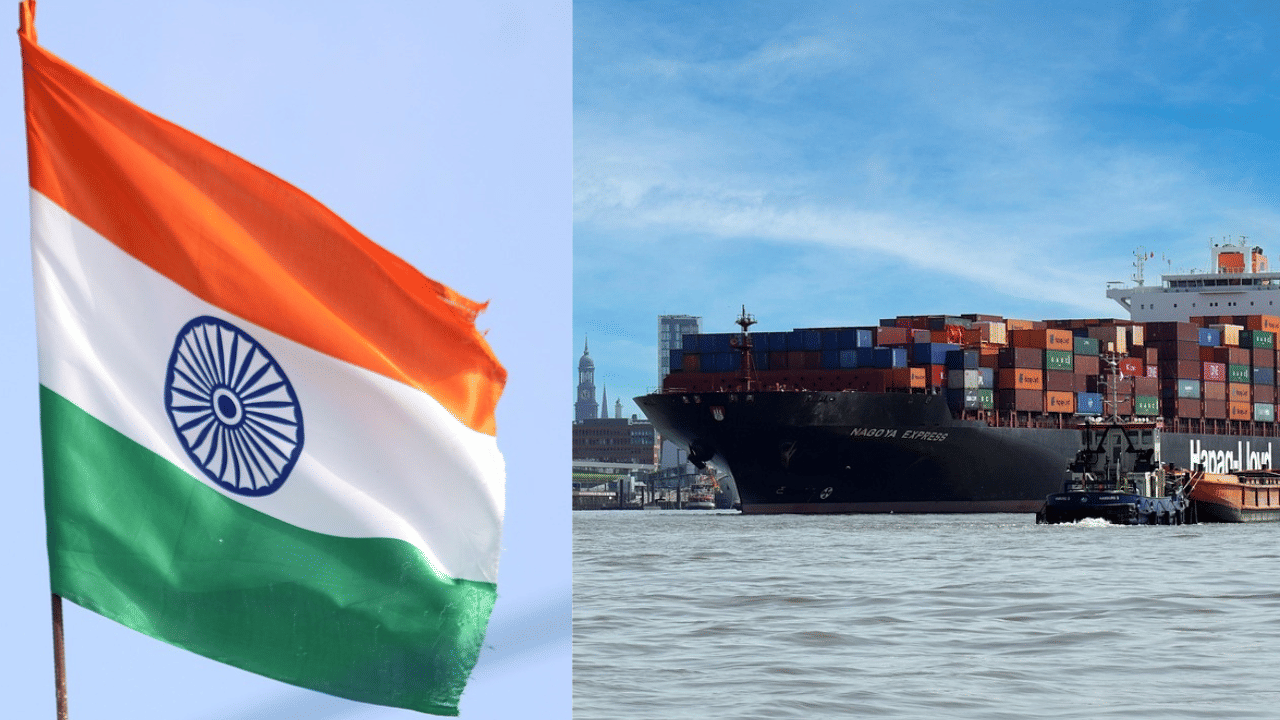New Delhi: Amid rising geopolitical uncertainty, global political leaders are seeking new regions to diversify operations and reduce risks related to costs and lead times. As per the Wall Street Journal, geopolitics is directly impacting supply chain cost, prompting higher prices, forcing companies to explore emerging and alternative hubs like India. India is increasingly viewed as one of the most promising alternatives to the modern geopolitical-related supply chain issues.
The IMF projects India to be the third largest economy by 2027 on a global scale, with its GDP crossing $5 trillion. India’s increased potential is attributed to its large English-speaking and STEM-focused workforce, which produces 2 million graduates annually, along with its strategic location near key global trade routes. These advantages are making India an attractive option for businesses looking to expand.
As per the recent India Review study, India is emerging as a reliable supply chain destination that offers a low operating cost, comprises a large labour pool, and provides access to major international markets. Recently, the country has improved its ease of doing business index and opened more sectors in order to facilitate foreign investment in the country
Government Incentives and Industry Growth
The Indian government has rolled out policies for boosting manufacturing. The National Policy on Electronics (2019) positioned India as a hub for semiconductors and computing devices, while the Production Linked Incentive (PLI) scheme expanded to 14 industries, offering financial benefits to global manufacturers. This has encouraged companies such as Apple, Foxconn, and FedEx to start and scale up production in India.
Several industries are showing particular momentum, such as in aerospace, medical technology, and automotive. In the medical sector, global companies like Boston Scientific have invested heavily in R&D centers, while Indian firms export a wide range of devices. Additionally, domestic players like Tata Motors and Mahindra, along with global firms, are expanding India’s role in the automotive market.
“Make in India” Push
Launched in 2014, the “Make in India” initiative aims to attract foreign investment, strengthen innovation, and build infrastructure across 25 sectors, from railways and defense to insurance and medical devices. State and central governments alike are competing to attract global businesses through incentives, infrastructure development, and special economic zones.
As companies face increasing global supply chain disruptions, India’s combination of policy support, economic scale, and cost efficiency positions it as a leading candidate for the next phase of global manufacturing growth.
